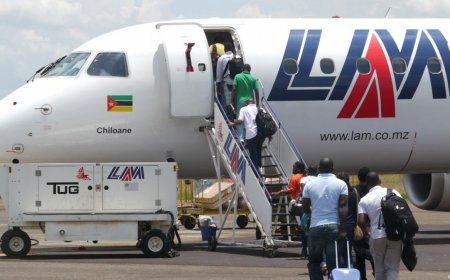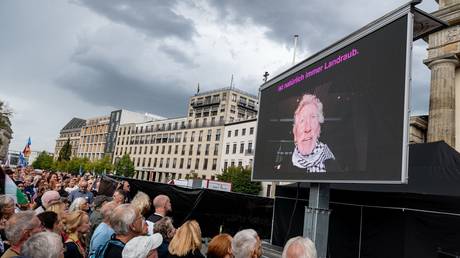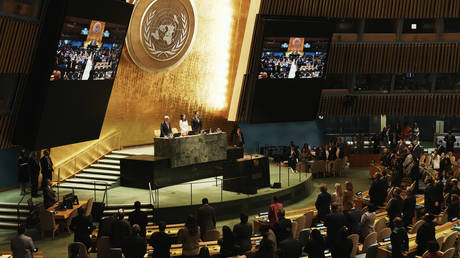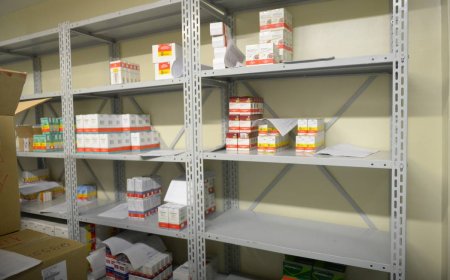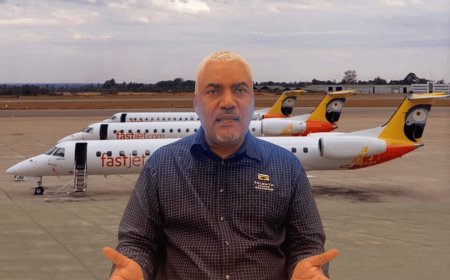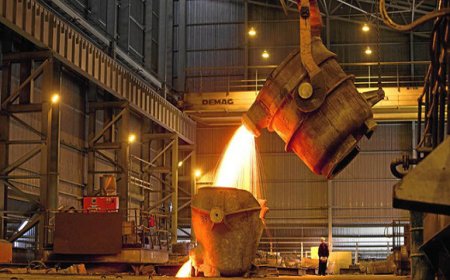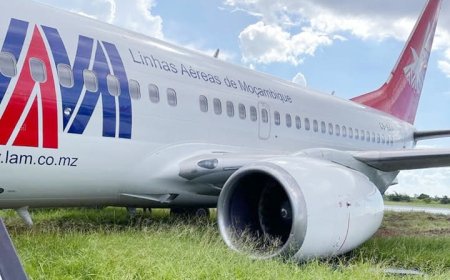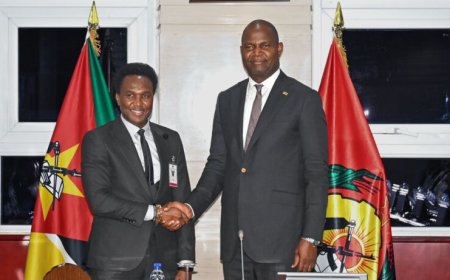Mozambique's escalating tensions: International pressure for peace grows
The post-election unrest in Mozambique has intensified, prompting widespread international condemnation. Western nations, including the United Kingdom, Canada, Norway, Switzerland, and the United States, issued a joint statement decrying the violence against civilians during ongoing protests. The demonstrations, fueled by allegations of election irregularities, have plunged the country into turmoil, with international stakeholders urging an immediate end to hostilities and a commitment to peaceful resolution.
Maputo, the epicenter of the unrest, has seen significant disruptions, as protesters led by opposition presidential candidate Venâncio Mondlane erected barricades, blocked major roads, and disrupted daily life. Key avenues, including those in the heart of the capital, were transformed into protest zones, with scenes of makeshift football games symbolizing the protesters' defiance. The roadblocks forced thousands to walk long distances between Maputo and neighboring Matola, adding to the chaos.
Tensions escalated further when a protester was struck by a security forces vehicle, sparking violent confrontations. Police used tear gas to disperse demonstrators, leading to clashes in suburban areas like Polana Caniço, Maxaquene, and Xiquelene. These incidents highlight the deepening rift between authorities and citizens demanding electoral transparency.
The protests have not been without heavy costs. Advocacy group Decide reports at least 67 fatalities since the unrest began in mid-October. Businesses and public services across the country have been severely disrupted, compounding the crisis. The violence has drawn sharp criticism from international organizations, including the European Union, which has called for de-escalation and respect for human rights.
A critical dialogue meeting convened by President Filipe Nyusi failed to ease tensions after Mondlane, the key opposition figure, declined to attend. Nyusi, who has publicly blamed Mondlane for the violence, vowed to pursue alternative pathways to dialogue to restore stability.
Western nations have expressed deep concern over the situation, with joint statements emphasizing the broader risks of prolonged instability in Mozambique for the Southern African region. The international community continues to press for a resolution that prioritizes peace, dialogue, and the protection of fundamental rights, as the nation's future hangs in the balance.


